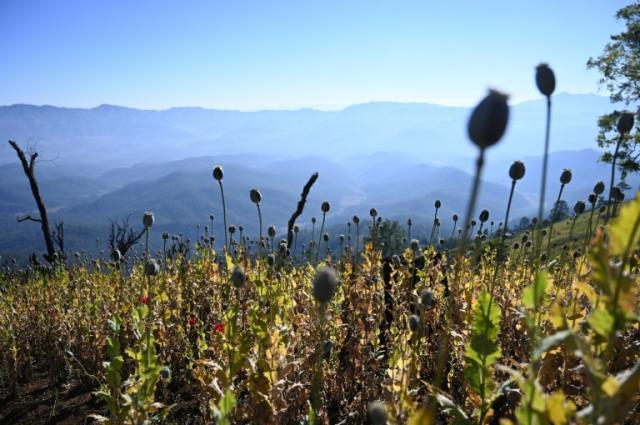According to a U.N. report released Thursday, opium production in Myanmar increased by 33% following the military takeover of the country. The report suggests this rise is a result of improved farming techniques and a growing interest in opium cultivation. The ongoing political unrest, violence, economic hardship, and poor healthcare system caused by the COVID-19 pandemic has made many farmers, who are living in poverty, turn to growing poppies for their livelihood.
The “Golden Triangle” region of Myanmar, Thailand, and Laos has long been a major hub for drug trafficking globally. The opium economy in Myanmar is estimated to be worth between $660 million to $2 billion, according to U.N. estimates.
According to UNODC Regional Representative Jeremy Douglas, opium cultivation is driven by economics and cannot be resolved by destroying crops, which only creates more vulnerabilities. The lack of alternatives and economic stability means that opium cultivation and production is likely to continue expanding. The U.N. report found that farmers earned twice as much selling opium in 2022 as the previous year and prices for a kilogram of opium increased 70% from $166 to $281.
The report indicates that opium poppy fields in Myanmar are typically small, unorganized, and located far from villages and roads. However, this year’s estimate shows an average of 19.8 kilograms of opium per hectare of poppy, the highest-ever recorded in Myanmar. The field size in Shan State increased by over 30% compared to 2021. The information was collected through a combination of satellite imagery and fieldwork by researchers at UNODC.
Source: CBS News







